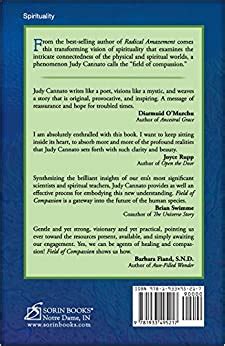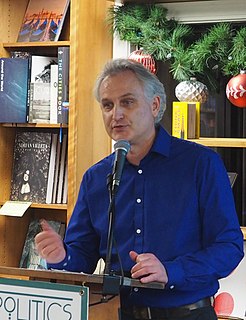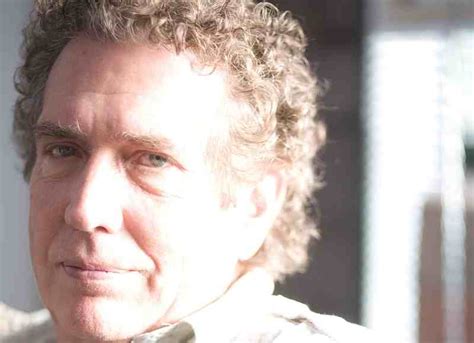A Quote by Friedrich Nietzsche
We believe that we know something about the things themselves when we speak of trees, colors, snow, and flowers; and yet we possess nothing but metaphors for things - metaphors which correspond in no way to the original entities.
Related Quotes
When we talk about the Universe Story we are talking about the acquisition of a totally new paradigm, one which overturns many of the patterns that we unconsciously believe to be true. There is not simply the addition of new metaphors and images, but the metaphors and images themselves flow out of a new consciousness inspired by a new awareness of the cosmos.
You can make a global film, which affects so many countries and affects sort of this worldwide epidemic, but it has, zombies are great metaphors for the times we live in today and that's what I always find fascinating about them, but then it's like the walking dead, you know, the unconscious, and the metaphors for them are just really something I was inspired by.
Half the people in the world think that the metaphors of their religious traditions, for example, are facts. And the other half contends that they are not facts at all. As a result we have people who consider themselves believers because they accept metaphors as facts, and we have others who classify themselves as atheists because they think religious metaphors are lies.
Poetry begins in trivial metaphors, pretty metaphors, "grace" metaphors, and goes on to the profoundest thinking that we have. Poetry provides the one permissible way of saying one thing and meaning another. People say, "Why don’t you say what you mean?" We never do that, do we, being all of us too much poets. We like to talk in parables and in hints and in indirections - whether from diffidence or some other instinct.
Truth is a mobile army of metaphors, metonyms, anthropomorphisms, in short a sum of human relations which have been subjected to poetic and rhetorical intensification, translation and decoration […]; truths are illusions of which we have forgotten that they are illusions, metaphors which have become worn by frequent use and have lost all sensuous vigour […]. Yet we still do not know where the drive to truth comes from, for so far we have only heard about the obligation to be truthful which society imposes in order to exist" from, "On Truth and Lying in a Non-Moral Sense".
Infrastructures of power always inhabit the surface of the earth somehow, or the skies above the earth. They're material things, always, and even though the metaphors we use to describe them are often immaterial - for example, we might describe the Internet as the Cloud or cyberspace - those metaphors are wildly misleading.
One of the things I love about translation is it obliterates the self. When I'm trying to figure out what Tu Fu has to say, I have to kind of impersonate Tu Fu. I have to take on, if you will, his voice and his skin in English, and I have to try to get as deeply into the poem as possible. I'm not trying to make an equivalent poem in English, which can't be done because our language can't accommodate the kind of metaphors within metaphors the Chinese written language can, and often does, contain.








































